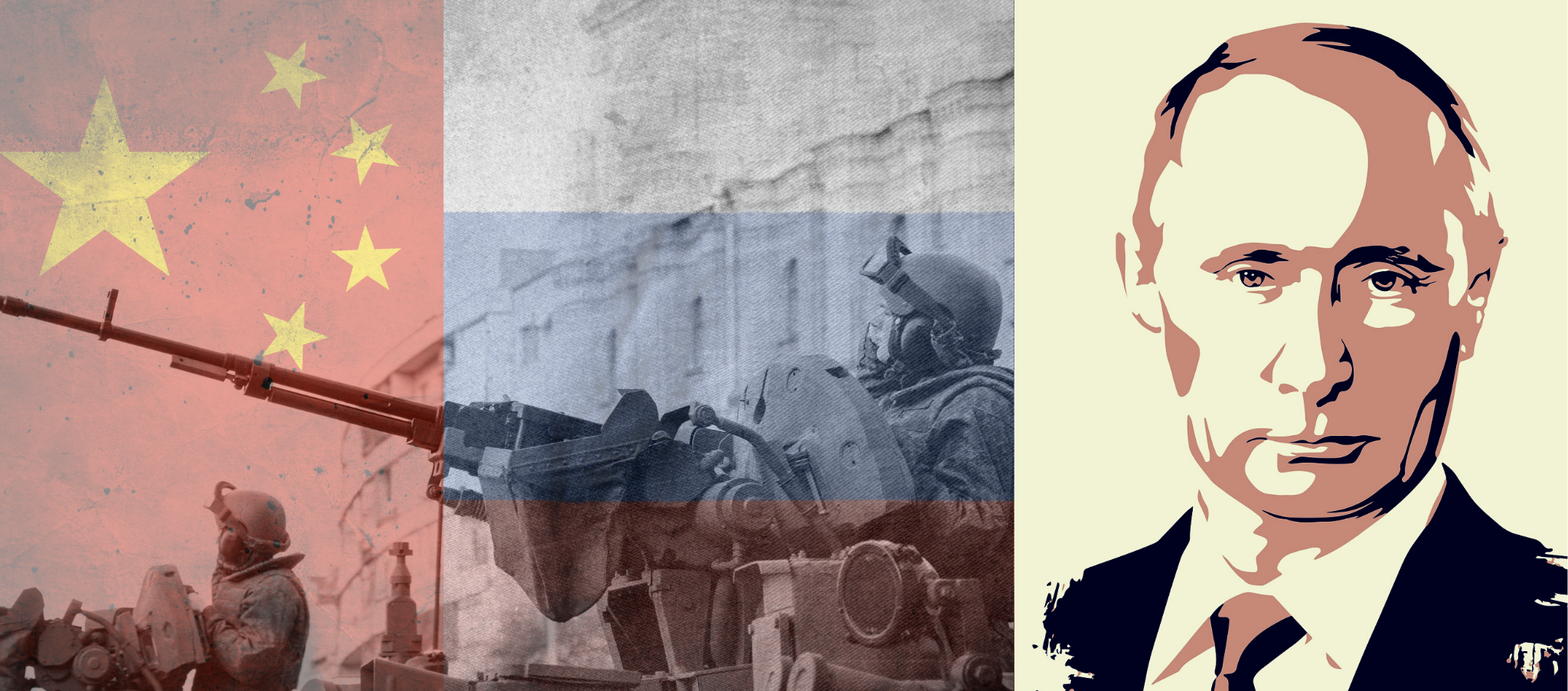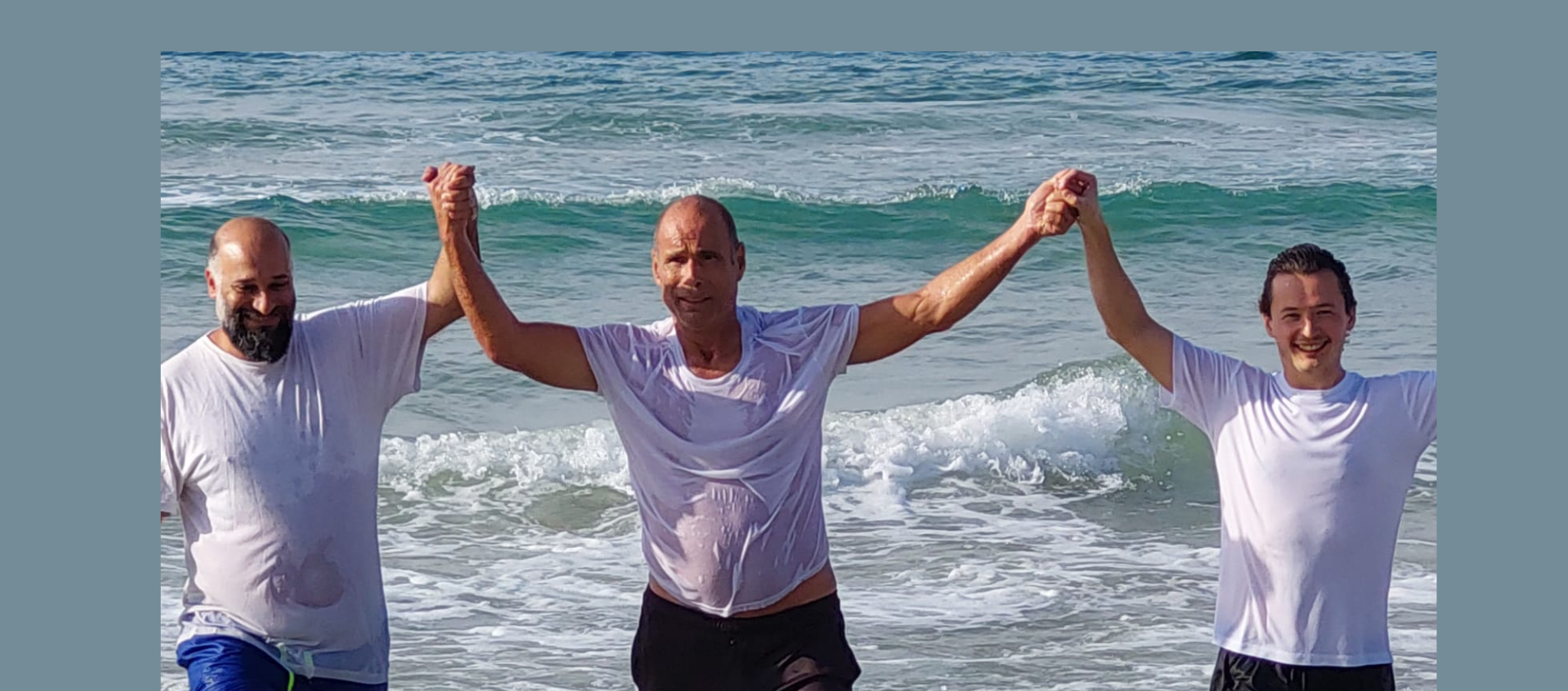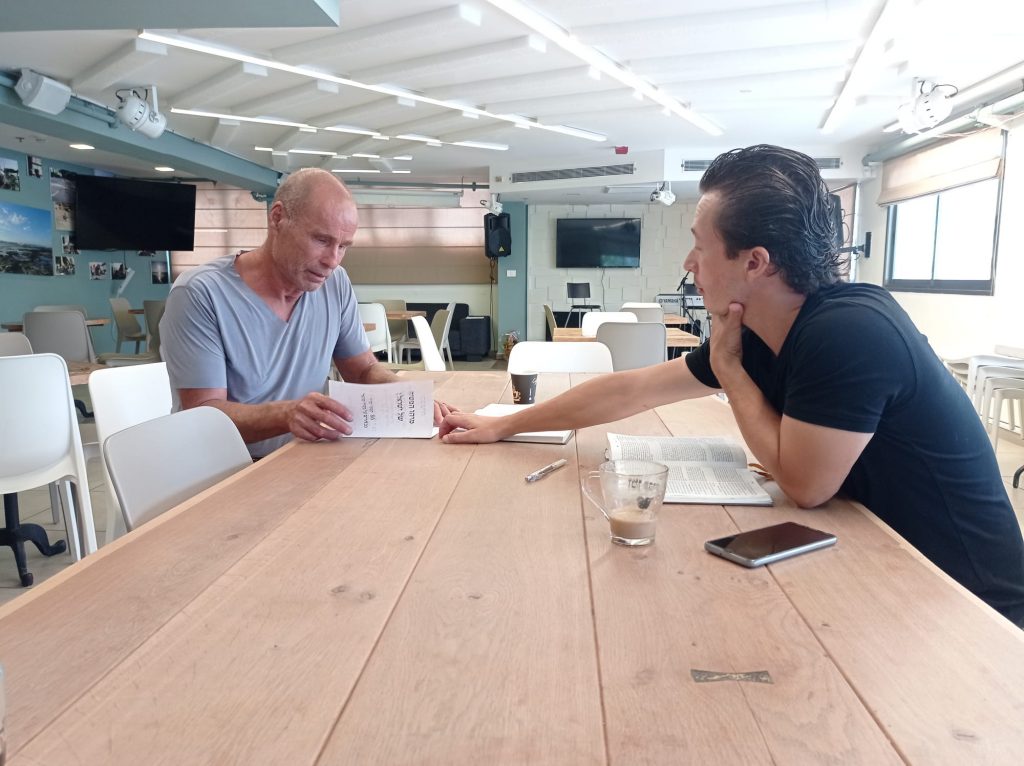Watching the main Israeli news coverage of Russia’s attack on Ukraine, I was struck by how vastly different the Israeli perspectives are from the West’s. The most startling fact is that the vast majority of Israeli experts have reached a sobering consensus on Russia’s military aggression against Ukraine: it represents a dramatic change in world order. Furthermore, such a new world order, they contend, places Israel in a precarious position.
The West Thumbs its Nose at Russia
The battle for Ukraine is not actually about Ukraine: it is a power struggle between Russia and the West. For years Putin has been trying to get the West to pay attention to him and respect him. In response, the West has largely written him off as a backwards autocratic dictator who suppresses the press, imprisons or kills off political opponents and stifles personal freedoms (all of which is true). At the same time, through the enlargement of NATO, the West has been expanding into Russia’s zone of influence which Russia calls a provocation. Ukraine, a country bordering Russia that wants to free itself from Russian tentacles, has been seeking NATO membership which would guarantee Ukraine military protection by the West should they be attacked by a non-NATO state. For Russia, it would mean the deployment of NATO long-range missile systems at their back door.
In 2021, Putin asked US President Biden for legal promises that Ukraine would not become a NATO member. Biden refused Putin’s request, and NATO Secretary General Stoltenberg boldly declared in response that:
“Russia has no right to establish a sphere of influence.” (AXIOS, 01Dec21)
To Putin, a proud man dedicated to Russia’s dignity and securing his country’s strategic interests and resources, those were fighting words. The ones who would pay the price would be the Ukrainians.
What works: Military Action or Economic Sanctions?
Europe is unwilling to enter large-scale military conflicts. The US has become war-adverse because they still have the bad taste of costly military campaigns in Afghanistan and Iraq in their mouths which, to a large extent, ended badly. Instead, the West believes in the “soft power” of economic persuasion.
Russia, on the other hand, has been steadily building up and modernizing its army and is willing to use it to achieve diplomatic ends because it knows that no country in the West will try to intervene militarily. According to economic experts, sanctions, even the toughest ones, can take years to have any real effect. According to Alistair Milne, professor of economics and Swift system expert:
“The uncomfortable fact remains that economic sanctions, if they are to be more than symbolic, necessarily impose costs on both sides and might have to be imposed for a long time. Russia has spent a decade preparing for the current war and any consequent economic sanctions.” (The Conversation, 28Feb22)
This week, a leading political analyst in the US called Putin “irrational, isolated and not connected to reality”. On the other hand, Israeli analysts are calling Putin one of the smartest and most savvy leaders in the world. The difference in the assessment is stunning. So, which one is true?
The Potential New World Order
With one voice Israeli analysts are saying the same thing: Russia’s military aggression is signaling a new world order. The Russians, along with other nations, have had their eyes on the Western-led world order and see that its leader, the US, is becoming more isolationist and has been weakened by deep internal conflicts largely led by progressive liberal agendas. According to Dr. Uzi Rabi, Director of the Moshe Dayan Center for Middle Eastern and African Studies, the US has been pulling back from robust international engagement for the last ten years, and, in the absence of American power, Russia and China have been gathering strength. Top Israeli political analysts agree that the new global power dynamic that is emerging is bad news for the world: who are the members of the new global power club? Russia, China and Iran.
Russia’s Army on Israel’s Northern Border
“…the Russians are our neighbors to the north, and it is important that we manage the delicate and complex situation there smoothly…”
-Israeli Prime Minister Naftali Bennet, Oct. 20212
Every month or so, I hear the roar of Israeli fighter jets over my home in central Israel, and I know that the next day I will most likely see in the news that Iranian arms convoys or other Iranian military installations in Syria have been bombed. What many people are not aware of is that back in 2015, Russia intervened militarily to save its old cold war ally, Assad in Syria, which it achieved with great success. Since then, Russia controls the Syrian airspace and maintains a strong military presence in Syria. In the meantime, Russia does not want to allow Iran to overrun Syria as it once did, and here its strategic interests dovetail with Israel’s: keeping Iran at bay. Israel has been maintaining a very delicate and important cooperation with the Russians in Syria which allows Israel to keep Iran’s military ambitions in check through targeted airstrikes.
If Russia comes out of its military campaign in Ukraine mostly unscathed, it will most likely start flexing its muscles more in the Middle East. While Israel’s sympathies and identity is with the West, it also has a very complex and nuanced strategic relationship with Russia. Because of this tectonic shift in the world order, Israel will have to find the right formula to be able to walk between its sympathies for the West and its ideals and Russia’s growing power and influence in the region.
We see this as continued birth pangs, and our prayer is the God’s perfect will be done to prepare all believers to stand firm during these times of shaking and to be light in darkness!
by Tamar Afriat





















